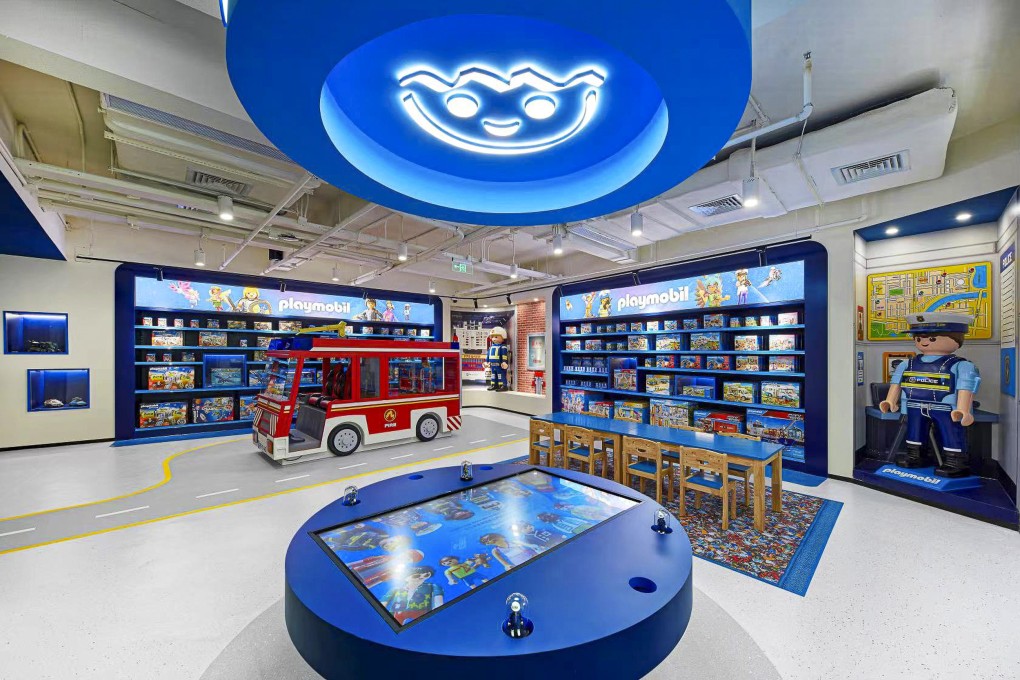Zero-Covid policy has foreign firms re-evaluating China’s role in their global operations, trade group warns
- The ‘efficiency, reliability and predictability’ of the China market have been called into question, the European Union Chamber of Commerce says
- Yet China will continue to draw foreign companies, who express ‘unwavering confidence’ in their growth prospects in its massive consumer market

Joshua Li has had a challenging year after joining German toy company Playmobil last summer to spearhead its China growth.
The Brandstätter Group-owned brand is a household name on the level of Lego in Europe, but is little-known in China. Its extensive product lines – based on smiling, 7.5-cm-tall human figures who come in sets with a huge array of accessories, vehicles, and structures based on themes ranging from medieval castles to space pirates – mainly target kids from 3 to 12 years old.
As general manager, Li’s goal has been to connect the brand with the Chinese market, which boasts more than 225 million children under the age of 14.

“We pushed back the opening of our first experience centre for four months, and with a hit in our cash flow, we needed to apply for additional funds from headquarters,” Li told the South China Morning Post, adding that the company also had difficulty in staffing, especially filling on-the-ground roles. In July, a three-story store and office in Shanghai’s tree-lined Xuhui district finally opened its doors.
